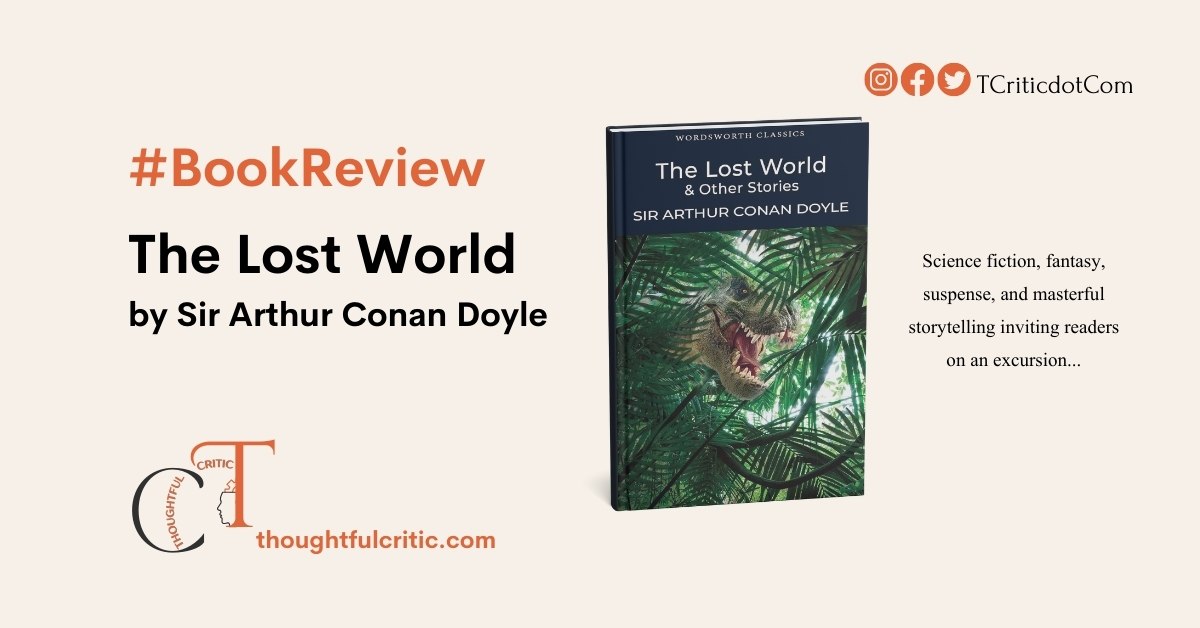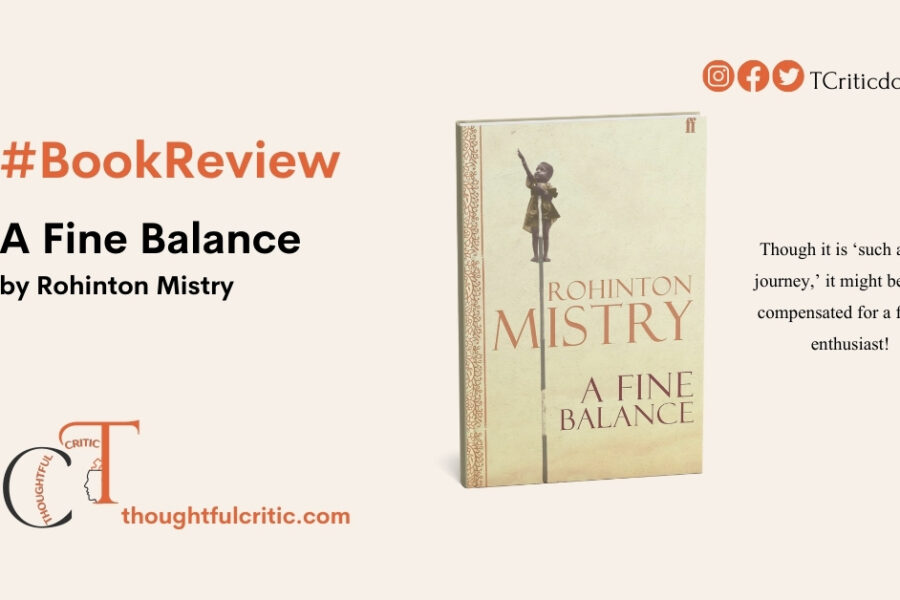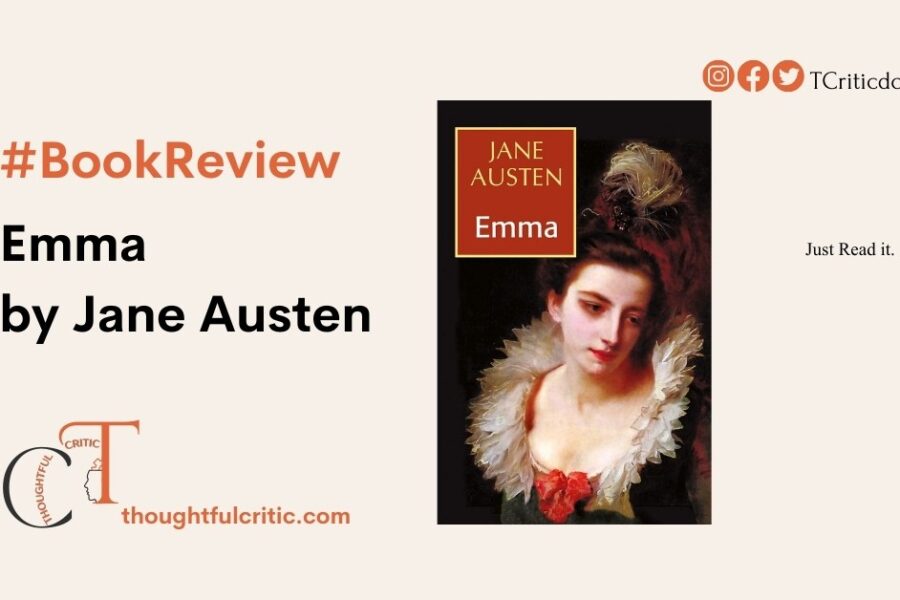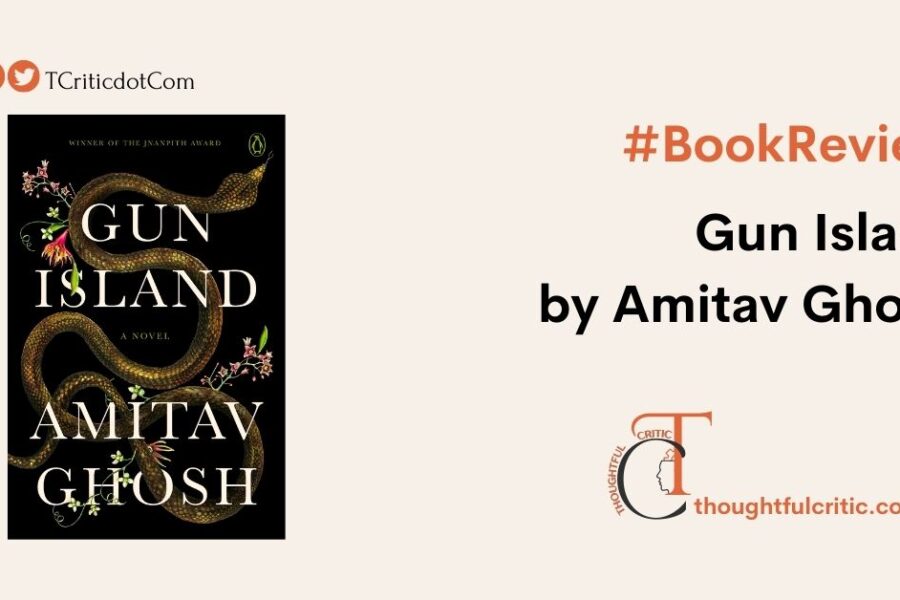Sir Arthur Conan Doyle’s The Lost World, first published in 1912, is a pioneering work of science fiction that continues to captivate readers with its imaginative premise, vivid storytelling, and exploration of themes such as human curiosity, the clash between civilization and nature, and the limits of scientific knowledge. While Doyle is best known for his Sherlock Holmes stories, The Lost World showcases his versatility as a writer and his ability to craft compelling narratives outside the detective genre. The novel tells the story of an expedition to a remote plateau in South America, where prehistoric creatures, including dinosaurs, still exist. Through this adventurous tale, Doyle entertains and invites readers to reflect on the nature of discovery, the ethics of exploration, and humanity’s place in the natural world.
At its core, The Lost World is a story about the thrill of discovery and the insatiable human desire to explore the unknown. The novel’s protagonist, Professor George Edward Challenger, is one of Doyle’s most memorable creations—a larger-than-life figure whose fiery temper, boundless energy, and unshakable confidence make him both endearing and exasperating. Challenger is the archetype of the eccentric scientist, a man driven by an almost obsessive curiosity and a determination to prove his theories, no matter the cost. His character is a fascinating blend of brilliance and bravado, and his interactions with the expedition’s other members—journalist Edward Malone, adventurer Lord John Roxton, and sceptic Professor Summerlee—provide both humour and tension. Malone, the story’s narrator, serves as the everyman, offering a relatable perspective on the events unfolding. His youthful enthusiasm and romantic idealism contrast sharply with Challenger’s gruff pragmatism, creating a dynamic that drives much of the novel’s emotional and intellectual engagement.
Doyle’s portrayal of the expedition members reflects his interest in the diversity of human character and how individuals respond to challenges and uncertainties. Lord John Roxton, the dashing and resourceful adventurer, embodies the spirit of exploration and the thrill of danger. At the same time, Professor Summerlee, the cautious and methodical scientist, represents the voice of scepticism and reason. These characters form a microcosm of human society, each contributing their unique strengths and perspectives to the group’s survival and success. The interactions between the characters are one of the novel’s greatest strengths, as Doyle uses their differing personalities to explore themes of collaboration, conflict, and the pursuit of knowledge.
The setting of The Lost World is another of its standout features. Doyle’s descriptions of the remote plateau, with its towering cliffs, dense jungles, and prehistoric creatures, are vivid and immersive, transporting readers to a fantastic and eerily plausible world. The plateau becomes a character in the story, a place of wonder and danger that physically, intellectually, and morally challenges the expedition members. Doyle’s attention to detail and ability to evoke a sense of place are evident throughout the novel, from the lush vegetation and treacherous terrain to the awe-inspiring sight of living dinosaurs. The novel’s setting also serves as a metaphor for the unknown and the unexplored, a reminder of the vastness of the natural world and the limits of human understanding.
One of the most striking aspects of The Lost World is its treatment of science and exploration. Doyle was writing when the boundaries of human knowledge expanded rapidly, thanks to advances in fields such as palaeontology, geology, and biology. The novel reflects this spirit of scientific inquiry as the characters grapple with the implications of their discoveries and the ethical questions they raise. Challenger’s insistence on proving the existence of the plateau and its prehistoric inhabitants is driven by a desire for recognition and validation. However, it also raises questions about the responsibilities of scientists and the potential consequences of their work. The novel does not shy away from the darker side of exploration, as the expedition members encounter not only wonders but also dangers, including hostile indigenous tribes and deadly predators. Doyle’s portrayal of these challenges underscores the risks and sacrifices involved in pursuing knowledge and the potential for exploitation and harm.
The theme of human curiosity is central to The Lost World, and Doyle explores it with both admiration and caution. The characters’ journey to the plateau is motivated by a desire to uncover the truth and push the boundaries of what is known. Still, it also exposes them to the unknown and the unpredictable. Doyle’s depiction of the plateau as a place of beauty and danger reflects his ambivalence about the consequences of human curiosity. On the one hand, the novel celebrates the spirit of discovery and the thrill of encountering the unknown; on the other hand, it warns of the potential for hubris and the unintended consequences of tampering with nature. This tension between curiosity and caution is a recurring theme in the novel, adding depth and complexity to the story.
Another critical theme in The Lost World is the clash between civilization and nature. The plateau is a pristine and untouched environment where the natural world exists in its purest form, free from the influence of human civilisation. The expedition’s arrival disrupts this balance, introducing conflict and chaos into a world that had remained unchanged for millions of years. Doyle’s portrayal of the plateau as a place of both wonder and danger reflects his awareness of the fragility of the natural world and the potential for human activity to disrupt it. The novel’s exploration of this theme is particularly relevant in today’s context, as concerns about environmental degradation and the impact of human activity on the planet continue to grow. Doyle’s vision of a lost world untouched by civilization serves as a reminder of the beauty and complexity of the natural world and the need to approach it with respect and humility.
We can also relate the limitations of this novel to the elements discussed above. While The Lost World is a groundbreaking and imaginative work, it has shortcomings and limitations. One notable criticism is Doyle’s portrayal of Indigenous characters, which reflects the colonial attitudes of his time. The novel’s depiction of the Amazonian tribes as primitive and hostile perpetuates stereotypes and fails to offer a nuanced or respectful representation of indigenous cultures. Additionally, the female characters in the novel are largely absent or relegated to passive roles, reflecting the gender norms of the early 20th century and limiting the narrative’s scope. Doyle’s writing style, while clear and engaging, can sometimes feel overly simplistic or formulaic, particularly in its reliance on archetypal characters and predictable plot structures. The novel’s pacing, though generally effective, occasionally falters, with some sections feeling rushed or underdeveloped. Furthermore, while the novel raises thought-provoking themes, such as the ethics of exploration and the clash between civilization and nature, these ideas are often explored superficially, leaving little room for deeper philosophical or ethical inquiry. Despite these limitations, The Lost World remains a significant and influential work, but its flaws remind us of the cultural and historical context in which it was written.
Well, that was for the shortcomings of The Lost World. Doyle’s writing style in The Lost World is characterised by clarity, precision, and attention to detail. His prose is straightforward yet evocative, allowing readers to visualize the novel’s settings and characters with remarkable clarity. The narrative is fast-paced and engaging, with a sense of adventure and excitement that keeps readers hooked from beginning to end. Doyle’s use of Malone as the narrator adds a personal and relatable dimension to the story, as readers experience the novel’s events through his eyes. Malone’s earnest and enthusiastic voice captures the sense of wonder and awe that the expedition members feel as they explore the plateau. At the same time, his occasional moments of doubt and fear add a layer of realism and vulnerability to the narrative, making the characters and their experiences feel more authentic and relatable.
One of the most impressive aspects of The Lost World is its ability to balance entertainment with intellectual engagement. While the novel is undeniably an adventure story, it raises crucial questions about the nature of discovery, the ethics of exploration, and humanity’s relationship with the natural world. Doyle’s exploration of these themes is subtle and nuanced, allowing readers to draw conclusions and interpretations. The novel’s open-ended conclusion, in which the expedition members return to London with evidence of their discoveries but are met with scepticism and disbelief, underscores the challenges of communicating new knowledge and the limitations of human understanding. It also leaves room for readers to imagine the future of the plateau and its inhabitants, adding a sense of mystery and possibility to the story.
In conclusion, The Lost World is a remarkable novel that showcases Sir Arthur Conan Doyle’s versatility and ability to craft compelling narratives that entertain, challenge, and inspire. Through its vivid characters, immersive setting, and thought-provoking themes, the novel invites readers to embark on a journey of discovery and reflection, exploring the boundaries of human knowledge and the complexities of the natural world. Doyle’s vision of a lost world untouched by civilization is both a celebration of the spirit of exploration and a cautionary tale about the consequences of human curiosity. As a work of science fiction, The Lost World remains a timeless and relevant exploration of the human condition. It reminds us of storytelling’s enduring power to illuminate the world’s mysteries and our place within it. Whether read as an adventure story, a philosophical inquiry, or a reflection on the ethics of exploration, The Lost World is a novel that continues to resonate with readers and inspire new generations of thinkers and dreamers.
Get a copy from Amazon India – click here.
Interested in Doyle’s biography? Read it here: Sir Arthur Conan Doyle
Review by Ashish for Thoughtful Critic
The Lost World by Sir Arthur Conan Doyle – a detailed book review
-
Thoughtful Critic Final Rating
Summary
Earlier attempts at science fiction were terrific… however, this one has a separate cult following! It is enjoyable with certain academic limitations (that readers seldom care for).




